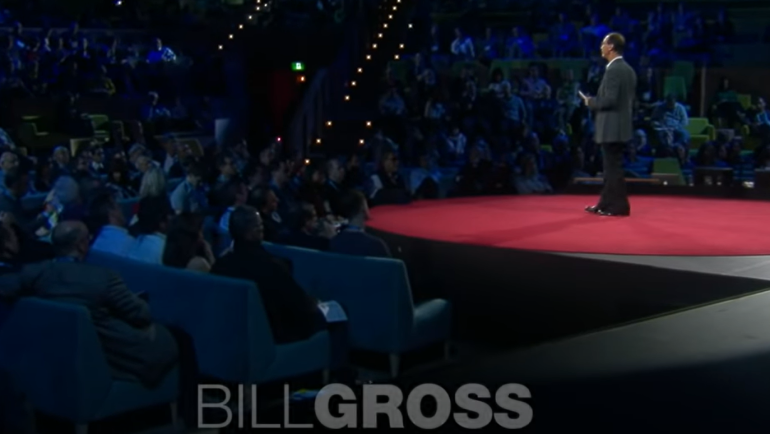
The Green Economy: How Small Businesses Are Leading the Sustainability Movement
Small businesses are taking bold steps to lead the sustainability movement, often outpacing larger companies in their commitment to green practices. With climate change concerns growing, small businesses are not only adopting eco-friendly methods but also setting new standards in the green economy. From reducing waste to sourcing local materials, these businesses are transforming their operations to meet the demand for sustainable options.
While large corporations may have more resources, small businesses can be nimble and responsive. This flexibility allows them to make impactful changes quickly and often inspires larger companies to follow. Today, small businesses across various industries are proving that sustainability can be achievable and profitable.
Eco-Friendly Operations
For many small businesses, going green starts with the basics. By cutting down on waste and conserving resources, these businesses are not only saving money but also reducing their environmental impact. Eco-friendly practices like recycling, composting, and energy-efficient lighting are becoming standard.
“Switching to LED lighting and reducing water use has been a win-win for our business,” says Maria Lopez, owner of a small restaurant in Seattle. “It’s good for the planet, and it has cut our operating costs.”
Other businesses are going a step further, investing in renewable energy like solar panels. While the initial cost can be high, the long-term savings and environmental benefits are substantial. For many small business owners, these eco-friendly steps are worth the investment, both financially and ethically.
Sourcing Local and Sustainable Materials
Another way small businesses are embracing sustainability is by sourcing local and sustainable materials. By buying locally, businesses reduce transportation emissions and support their communities. This approach is particularly popular in the food and retail sectors, where locally sourced ingredients and products resonate with customers who value transparency and authenticity.
“People want to know where their food comes from,” says Jamie Tran, who runs a farm-to-table cafe. “Sourcing from local farms not only supports our community but also reduces our carbon footprint.”
In industries like fashion and home goods, small businesses are turning to sustainable materials, such as organic cotton or recycled fibers. This shift helps reduce waste and meets growing consumer demand for products that are eco-friendly.
Innovative Packaging Solutions
One of the biggest challenges in sustainability is packaging, particularly for businesses that rely on shipping or packaging-heavy products. Many small businesses are now finding creative solutions, like using biodegradable packaging, recycled materials, or minimal packaging designs to cut down on waste.
Some companies are even adopting a zero-waste approach. By eliminating single-use plastics and offering refillable options, small businesses are reducing their environmental impact and setting an example for others.
“We made the switch to compostable packaging, and our customers love it,” says Tom Reilly, a small skincare brand owner. “It’s a simple change, but it aligns with our values and our customers’ expectations.”
Connecting with Eco-Conscious Consumers
Small businesses leading the sustainability movement are also connecting with a new wave of eco-conscious consumers. Today’s customers are more aware of their environmental impact and are actively seeking businesses that align with their values. Small businesses that adopt sustainable practices often find that they attract loyal, engaged customers who appreciate their efforts.
“Customers come to us because they know we’re committed to sustainable practices,” says Sarah White, owner of an eco-friendly clothing store. “They want to support businesses that are making a positive impact, and that loyalty has been key to our growth.”
Social media and digital platforms have helped these businesses spread their message. Many small businesses are using online platforms to showcase their sustainable practices, engaging with like-minded customers, and creating a loyal community around their brand.
The Future of the Green Economy
As the green economy continues to grow, small businesses are positioned to play a critical role in shaping its future. With their adaptability, commitment to transparency, and focus on community, small businesses are showing that sustainability is not only possible but profitable. Their efforts are setting a standard for other companies and helping to build a more sustainable future.
For small business owners, the journey toward sustainability is often a balance of innovation, investment, and customer engagement. As more consumers prioritize eco-friendly options, small businesses are leading the way, proving that the green economy is here to stay.


